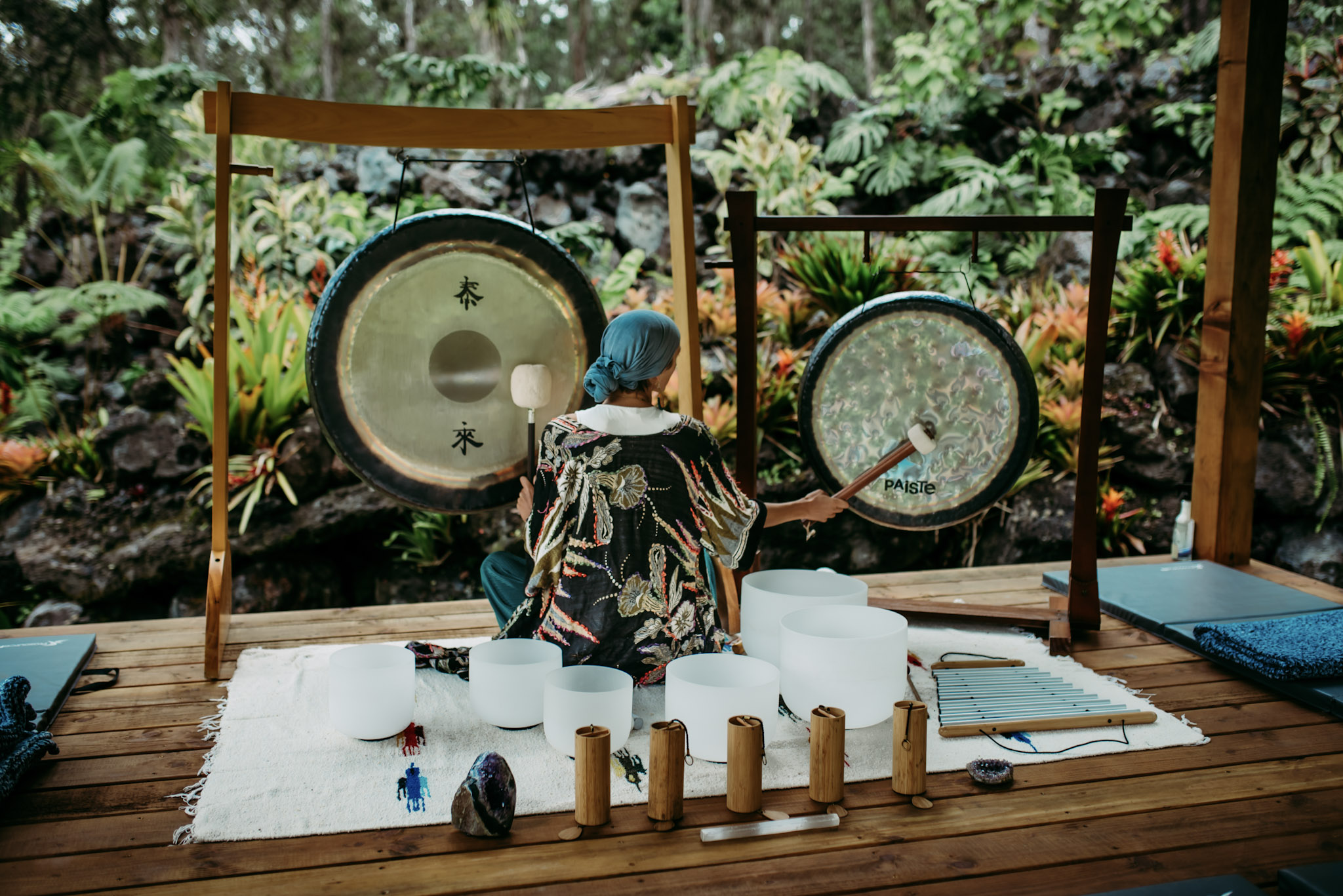Taking care of your physical and mental health is essential for living a fulfilling life, but it’s not just about bubble baths and face masks. True well-being comes from striking a delicate balance between self-care and emotional responsibility. These two elements are deeply connected, and both play a significant role in maintaining emotional health. So, how can you balance self-care with emotional responsibility to achieve overall well-being? Let’s dive into it.
What Is Self-Care?
Self-care often gets misunderstood as indulging in luxuries or isolating yourself from stress. In reality, it’s about taking time to care for your emotional, physical, and mental health. It might involve activities like exercise, reading, or even just resting when your body signals it’s time for a break. Self-care isn’t limited to what feels good in the moment; it’s about doing what’s necessary to maintain long-term wellness.
Types of Self-Care
Self-care isn’t one-size-fits-all, and it generally falls into three categories:
- Physical self-care: Nourishing your body with healthy food, daily exercise, and adequate rest to support well-being.
- Emotional self-care: Grounding your energy through things such as time innature, gratitude practices, and uplifting connections with others.
- Mental self-care: Stimulating your mind through creative pursuits, continuous learning, and engaging mental activities.
- Spiritual self-care: Cultivating harmony and connection by aligning with values, practicing mindfulness, and nurturing a sense of peace and belonging.
Understanding Emotional Responsibility
While self-care focuses on recharging and maintaining your well-being, emotional responsibility involves taking ownership of your feelings and behaviors. It means understanding that you are accountable for your reactions, even when others have hurt or upset you. Emotional responsibility isn’t about suppressing your feelings but learning to manage them in healthy ways.
What Emotional Responsibility Means
It’s about acknowledging that while you can’t control everything that happens to you, you can control how you respond. Emotional responsibility encourages maturity and accountability, fostering emotional growth.
Why Balancing Self-Care and Emotional Responsibility Is Critical
There’s a fine line between self-care and emotional avoidance. If you focus solely on self-care without acknowledging your emotional responsibility, you risk neglecting the deeper emotional work that’s necessary for well-being. On the flip side, if you’re too focused on emotional responsibility, you may become overwhelmed and neglect your self-care.
The Consequences of Ignoring Either
Neglecting emotional responsibility can lead to emotional outbursts, damaged relationships, and internal conflicts. Meanwhile, ignoring self-care can cause burnout, stress, and physical health issues. Both are essential to your well-being, and neglecting one in favor of the other leads to imbalance.
Common Misconceptions About Self-Care and Emotional Responsibility
There are several myths that cloud our understanding of self-care and emotional responsibility. Let’s debunk some of the most common ones.
Myth 1: Self-Care is Selfish
Taking care of yourself is not selfish; it’s essential. You can’t pour from an empty cup, and by prioritizing your well-being, you’re better equipped to help others.
Myth 2: Emotional Responsibility Means Suppressing Emotions
Taking emotional responsibility doesn’t mean ignoring your feelings or bottling them up. It’s about processing them in a healthy way, understanding triggers, and responding thoughtfully.
Myth 3: Self-Care Means Ignoring Others’ Needs
Self-care is about making sure you’re in the best state to help others. It doesn’t mean disregarding your loved ones’ needs; it’s about balancing your well-being with the responsibilities you hold toward others.
The Psychological Impact of Ignoring Emotional Responsibility
When you refuse to take responsibility for your emotions, you may begin to bottle them up. This often leads to increased anxiety, irritability, and emotional burnout. Over time, unresolved emotions can manifest in physical symptoms like headaches, fatigue, and even long-term health issues.
Self-Care as a Tool for Emotional Regulation
Self-care isn’t just about indulgence; it’s a powerful tool for emotional regulation. Practices like mindfulness, journaling, and self-reflection can help you gain clarity over your emotions and promote emotional balance.
The Role of Mindfulness
Mindfulness practices help center your thoughts and emotions, allowing you to respond to situations instead of reacting impulsively. Over time, this cultivates emotional stability.
Journaling and Self-Reflection Techniques
Writing down your feelings can be a therapeutic way to release pent-up emotions. It helps you identify patterns in your emotional responses, which is key for developing emotional responsibility.
Setting Healthy Boundaries: A Key Aspect of Emotional Responsibility
Establishing boundaries is a vital part of emotional responsibility. By setting clear limits on what you’re willing to accept emotionally, mentally, and physically, you protect your well-being and maintain emotional balance.
How to Set Emotional Boundaries
Learn to say no, prioritize your emotional needs, and recognize when a situation or person is draining you. Boundaries are not about shutting others out but about creating a healthy space for yourself.
The Importance of Emotional Intelligence in Balancing Both
Emotional intelligence (EQ) helps you navigate the complex world of feelings and reactions. It’s the ability to recognize, understand, and manage your emotions, as well as empathize with others.
Practical Ways to Boost Emotional Intelligence
- Practice active listening
- Reflect on your emotional reactions
- Engage in empathy-building exercises These practices enhance both your self-care routine and your ability to take emotional responsibility.
Self-Care vs. Escapism: Finding the Balance
While self-care is necessary, it’s important to recognize when it turns into avoidance. Avoiding emotional issues by over-indulging in distractions can lead to long-term problems.
Differentiating Between the Two
If your self-care habits are stopping you from addressing emotional triggers or conflicts, they may have veered into escapism. Balance is key to preventing this.
Strategies to Balance Self-Care and Emotional Responsibility
To create harmony between self-care and emotional responsibility, try integrating emotional check-ins into your self-care routine. This means regularly reflecting on how you’re feeling and addressing any underlying emotions.
Building Emotional Resilience
By engaging in regular self-care practices, you develop the resilience needed to face emotional challenges head-on. Emotional resilience strengthens your ability to handle stress and adapt to adversity.
The Role of Support Systems in Emotional Well-Being
Strong support systems are essential for emotional well-being. Whether it’s friends, family, or therapy, having people you trust to talk to can make a huge difference in managing your emotions and maintaining self-care.
Knowing When to Seek Professional Help
Sometimes, balancing self-care and emotional responsibility on your own isn’t enough. If your emotional struggles persist, seeking help from a therapist or counselor can provide you with tools to cope.
Personal Accountability and Emotional Growth
Taking personal responsibility for your emotions leads to immense emotional growth. You develop a greater sense of self-awareness, making it easier to manage your emotional state and take better care of yourself.
Balancing Self-Care and Emotional Responsibility in Relationships
It’s crucial to balance your emotions while supporting others in relationships. Learn to communicate your needs without projecting your feelings onto others.
The Art of Empathy and Self-Preservation
Empathy allows you to support others emotionally, but self-preservation ensures you don’t lose yourself in the process. Maintain your boundaries and make time for your own emotional well-being.
Conclusion
Balancing self-care and emotional responsibility is key to achieving a fulfilling life. By nurturing yourself and taking ownership of your emotions, you can maintain emotional health and enjoy richer, more meaningful relationships. Remember, self-care and emotional responsibility go hand in hand—they are the cornerstones of a balanced life.
FAQs
- What are the signs of emotional imbalance? Signs include mood swings, constant anxiety, difficulty managing stress, and feeling overwhelmed by small issues.
- How can I start taking emotional responsibility? Begin by acknowledging your feelings, understanding your triggers, and learning healthy coping mechanisms.
- Can self-care improve emotional intelligence? Yes, self-care practices like mindfulness and reflection can help you become more aware of your emotions, which boosts emotional intelligence.
- What are some easy self-care activities to start with? Simple activities include taking a walk, meditating, reading a book, or even just spending time in nature.
- How do I know if I’m avoiding my emotions through self-care? If your self-care routines are becoming more about distraction than healing, or if you’re avoiding important emotional conversations, you might be using self-care as escapism.
Are you looking for a one of a kind experience on your next trip to the Island of Hawai’i? Come see us at the Cloud Forest Sanctuary! Enjoy guided Mindful forest experiences in the only seasonally dry tropical cloud forest in the United States. Relax with a sound bath meditation session, experience yoga, learn about forest conservation, or participate in our workshops and events. Hope to see you soon!








